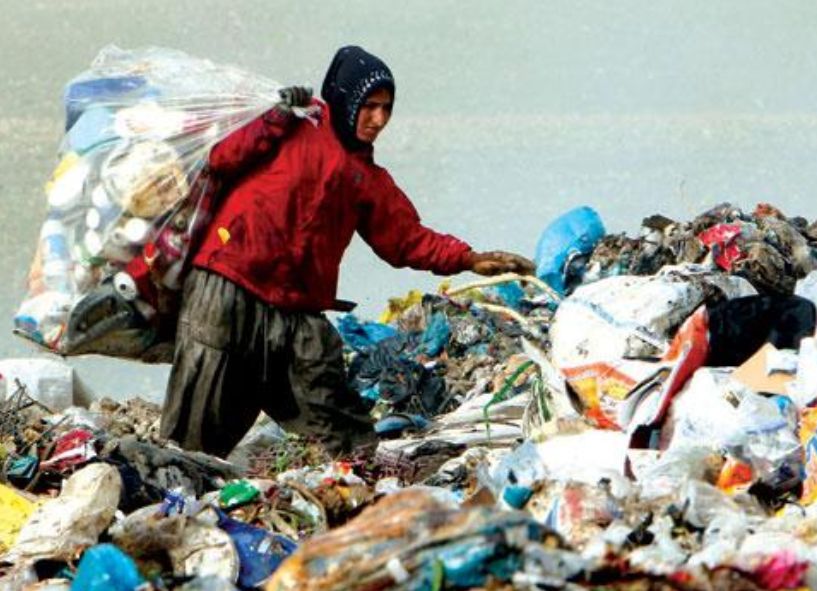Armut im Irak verschärft sich

Laut einem neuen Bericht der Weltbank wird die die Situation im Irak in diesem Winter besonders für Arme und sozial Schwache weiter drastisch verschlechtern:
The World Bank Group estimates the poverty rate in Iraq will increase by seven to 14 percent in the short-term because of the fall in oil prices and the negative economic effects of the pandemic. This means that up to 5.5 million Iraqis are at risk of falling below the poverty lines.
The report adds that “reducing the public wage bill and pensions could push an additional 0.4 to 1.7 million Iraqis into poverty.”
Iraq’s economy is heavily dependent on oil, which dramatically dropped in price because of reduced demand during the COVID-19 pandemic. Baghdad has had to borrow money to pay its civil sector and has introduced austerity measures cutting salaries and pensions.
The pain of the economic crisis is being felt on the streets of Baghdad.
“My daily wage is 25 thousand Iraqi dinars ($21) and it is not enough to provide for my family and myself,” Haidar, a young worker, told Rudaw. “The bazaar is empty, the government does not help us and all officials are turning a blind eye. Whoever comes to power says the same old things.”
“The situation is bad and there are no job opportunities, the government has not even paid salaries yet. I have only worked a week in the past 15 days,” another worker, Hussein Naser, told Rudaw.
Before these crises, some 6.9 million Iraqis were living in poverty. The United Nations expects the poverty rate in Iraq will rise from 20 to 31 percent by the end of 2020, it stated in an October report in collaboration with the World Bank. Globally, after more than 20 years of falling numbers, the World Bank expects extreme poverty rates to increase this year as the world fights the coronavirus.